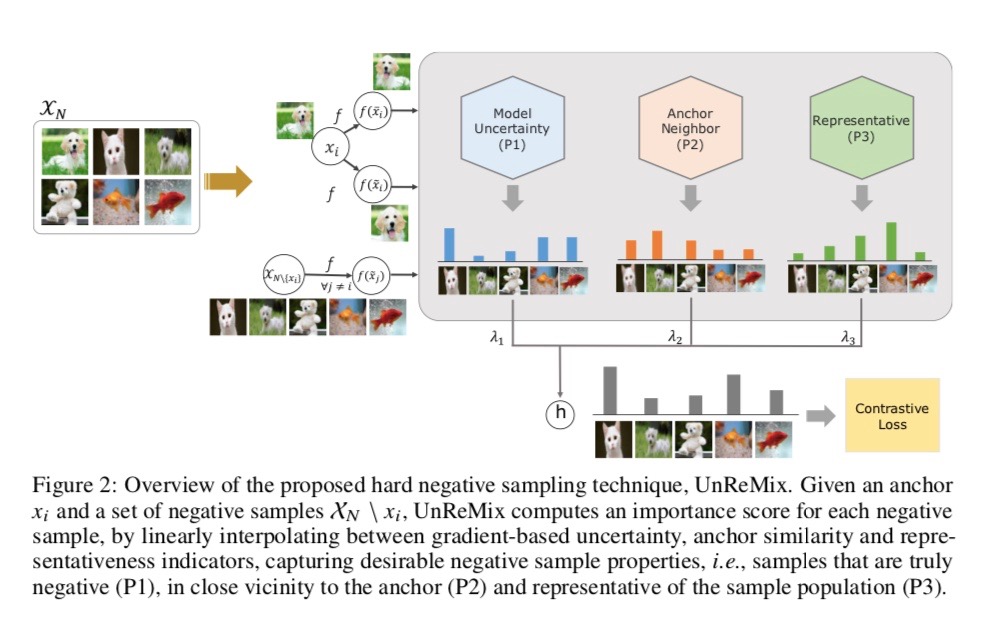Sanghani Center Student Spotlight: Afrina Tabassum

Afrina Tabassum, a Ph.D. student in computer science, was attracted to the Sanghani Center by the trending research conducted by faculty for improving machine learning algorithms and their application to other fields.
Her research interests lie in machine learning and self-supervised learning, particularly designing novel representation learning objectives for multi-modal data. “I was really attracted to this area of research by an urge to use deep learning in order to make people’s lives easier,” she said.
One of the projects Tabassum is working on at the Sanghani Center is “Hard Negative Sampling Strategies for Contrastive Representation Learning,” a collaboration with her advisors, Hoda Eldardiry and Ismini Lourentzou and a fellow Ph.D. student.
Their paper introduces Uncertainty and Representativeness Mixing (UnReMix) for contrastive training, a method that combines importance scores that capture model uncertainty, representativeness, and anchor similarity.
“We verify our method on several visual, text and graph benchmark datasets and perform comparisons over strong contrastive baselines,” said Tabassum, “and to the best of our knowledge, we are the first to consider representativeness for hard negative sampling in contrastive learning in a computationally inexpensive way.”
Experimental and qualitative results so far have demonstrated the effectiveness of their proposed approach, she said.
Tabassum is also part of a team from Lourentzou’s PLAN Lab which is competing in the Alexa Prize Taskbot Challenge 2.
“Ten teams across the world were selected to build a taskbot to assist in cooking and performing other tasks around the house. Our bot will be able to make adaptable conversation a reality by allowing customers to follow personalized decisions through the completion of multiple sequential subtasks and adapt to the tools, materials, or ingredients available to the user by proposing appropriate substitutes and alternatives,” she said.
In addition to working on adapting instructions according to the user needs, she is serving as student team leader with responsibilities that include setting clear team goals and short-term deadlines and delegating tasks among all the team members.
Projected to graduate in 2024, Tabassum would like to pursue a career in industry research.